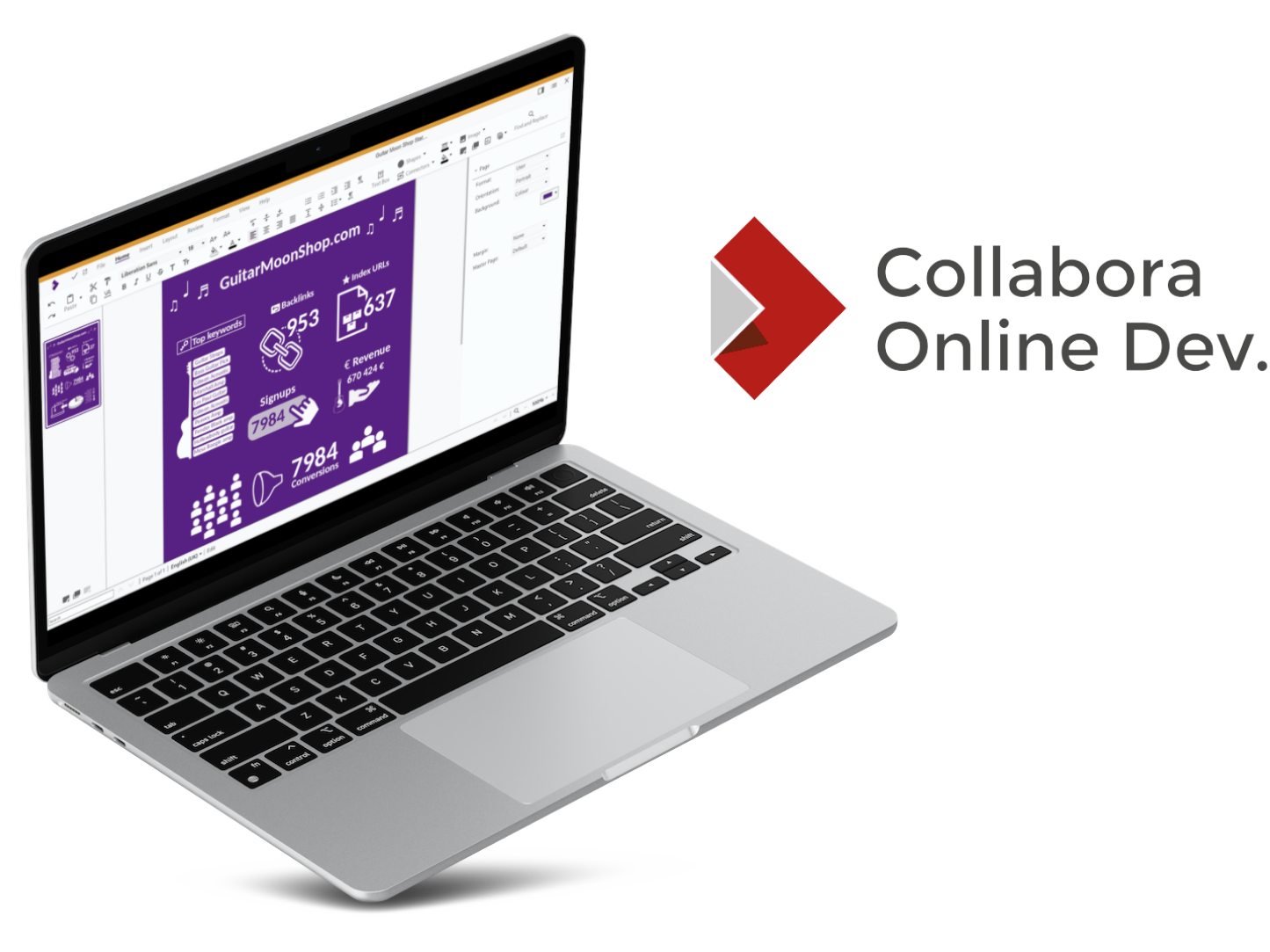Overview
Discover what makes Conduit powerful
Conduit is a **single‑binary, self‑hosted implementation of the Matrix protocol** that prioritizes minimalism and performance. It is written in Rust, compiled to a static binary with an embedded RocksDB instance, and exposes the full Matrix API surface. The design goal is to enable developers to spin up a compliant homeserver in minutes, while still supporting all core Matrix features such as end‑to‑end encryption, federation, rooms, and push notifications.
Full Matrix Specification support
Embedded RocksDB
Zero‑dependency binary
Fast performance
Overview
Conduit is a single‑binary, self‑hosted implementation of the Matrix protocol that prioritizes minimalism and performance. It is written in Rust, compiled to a static binary with an embedded RocksDB instance, and exposes the full Matrix API surface. The design goal is to enable developers to spin up a compliant homeserver in minutes, while still supporting all core Matrix features such as end‑to‑end encryption, federation, rooms, and push notifications.
Key Features
- Full Matrix Specification support – Conduit implements the latest stable Matrix API, including event types, room state, account data, and federation endpoints.
- Embedded RocksDB – The default datastore is an embedded key‑value store, eliminating the need for a separate database service and reducing operational overhead.
- Zero‑dependency binary – A single statically linked executable runs on Linux, macOS, and Windows (64‑bit), simplifying deployment pipelines.
- Fast performance – Benchmarks show Conduit can handle higher throughput per core compared to other homeserver implementations, thanks to Rust’s zero‑cost abstractions and efficient memory management.
- Extensible via webhooks – Developers can hook into room events, user joins, and federation messages to build custom integrations or analytics.
Technical Stack
| Layer | Technology |
|---|---|
| Language | Rust (stable 1.80+) |
| Runtime | Single binary, no external services |
| Database | RocksDB (embedded) – optional PostgreSQL support via community patches |
| Networking | Actix‑web for HTTP/JSON, Tokio for async I/O |
| Encryption | NaCl / libsodium wrappers via RustCrypto, supporting Olm and Megolm |
| Testing | Cargo test suite with integration tests against a local homeserver instance |
Core Capabilities
- RESTful Matrix API – Exposes all endpoints defined in the Matrix spec, including
/sync,/send,/join,/leave, and federation routes. - WebSocket support – Real‑time
/syncoverwss://, enabling low‑latency client communication. - Push notifications – Supports the Matrix Push Gateway protocol; can be configured to forward events to external services.
- CLI tooling –
conduitbinary accepts flags for configuration, logging level, and database path; can be scripted in CI/CD pipelines. - Event filtering – Clients can filter events by type, room, or membership status directly via the API.
Deployment & Infrastructure
- Self‑hosting – Requires only a modern CPU, 1 GB RAM, and SSD storage. The embedded RocksDB keeps the footprint minimal.
- Containerization – Official Docker images are available; the binary can be run in any container runtime (Docker, Podman, Kubernetes).
- Scalability – Horizontal scaling is achieved by deploying multiple Conduit instances behind a load balancer that handles federation traffic. For larger deployments, sharding or external database backends can be integrated via community patches.
- High‑availability – Supports TLS termination, reverse proxies (nginx, Traefik), and can be paired with a PostgreSQL replica for data durability.
Integration & Extensibility
- Webhooks – Developers can register HTTP callbacks for room events, user lifecycle events, and federation messages.
- Plugin hooks – The community has introduced a plugin API that allows runtime loading of Rust crates to modify event handling or add custom endpoints.
- Bridging – Conduit can act as a bridge target for other protocols (Discord, IRC) using the Matrix bridge framework.
- Custom APIs – The binary exposes a gRPC interface in experimental builds for internal tooling and monitoring.
Developer Experience
- Configuration – A single TOML file (
config.toml) controls all settings: server name, listening address, database path, TLS certs, and feature flags. The file is auto‑generated with sane defaults. - Documentation – Comprehensive docs are hosted on GitLab, including API reference, deployment guides, and a developer FAQ. The README is concise yet links to all necessary resources.
- Community – Active discussion on the Matrix channel
#conduit:ahimsa.chatand GitLab issues. Contributions are welcomed, with a clear code of conduct. - Licensing – MIT license allows unrestricted commercial use and modification.
Use Cases
| Scenario | Why Conduit? |
|---|---|
| Enterprise internal chat | Lightweight, secure, and fully controllable; no external database required. |
| IoT device messaging | Low RAM footprint and fast start‑up make it ideal for edge devices. |
| Custom analytics platform | Webhook integration enables real‑time event ingestion into data pipelines. |
| Hybrid federated network | Bridges to Discord or Slack while keeping a Matrix core for internal teams. |
| Education labs | Students can deploy a server in minutes and experiment with Matrix protocol internals. |
Advantages
- Performance & Resource Efficiency – Rust’s safety and speed give Conduit a lower CPU/memory profile than JavaScript or Go‑based homeservers.
- Simplicity – A single binary with an embedded database removes the need for orchestrating multiple services.
- Extensibility – Webhooks and plugin hooks provide a straightforward path to custom logic without fork‑ing the core.
- Open Source & MIT – No licensing fees or vendor lock‑in; developers can ship Conduit in commercial products.
- Rapid Deployment – Zero‑dependency installation and automatic configuration generation mean developers can
Open SourceReady to get started?
Join the community and start self-hosting Conduit today
Related Apps in apis-services
Mastodon
Decentralized, real‑time social networking
Discourse
Open‑source community forum platform with real‑time chat and AI
Rocket.Chat
Secure, open‑source team communication platform
Novu
Unified notification platform for multi‑channel delivery
Mattermost
Secure, self‑hosted team collaboration with chat, voice, and AI
Jitsi Meet
Free, encrypted video conferencing for everyone
Weekly Views
Repository Health
Information
Explore More Apps

DAViCal
Open‑source CalDAV server for shared calendars
FoodCoopShop
Open‑source shop for local food cooperatives

Collabora Online Development Edition
Self-hosted other
Bitcart
Self‑hosted crypto payment processor with zero fees
changedetection.io
Real‑time web page change monitoring and alerts

Postfix
Self-hosted apis-services